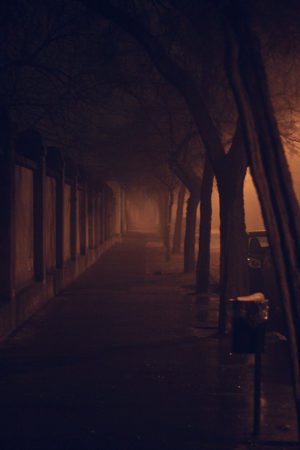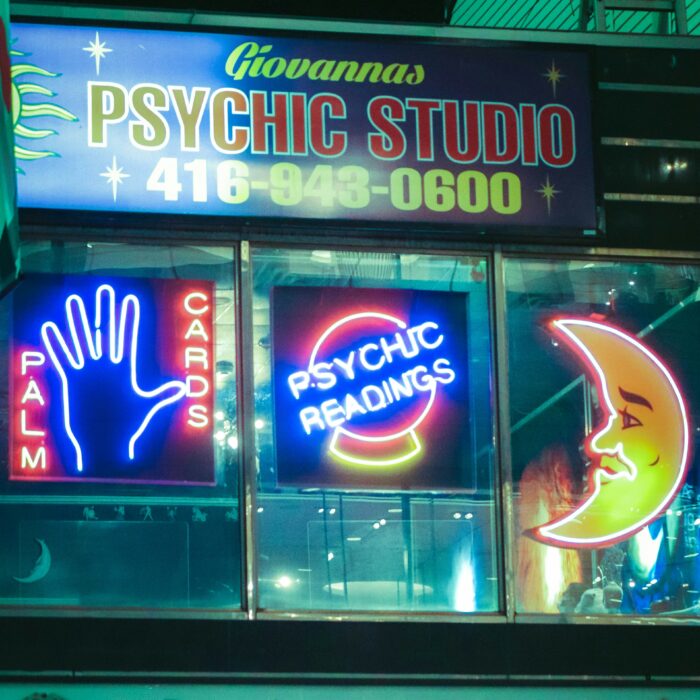You have no items in your cart. Want to get some nice things?
Go shopping
Back in Skye, after an absence of many years, Frank and I set off across the moor south of Glendale. It was good walking weather: one of those bright, cold, still days that the island often experiences in February. Aside from a group of shaggy cattle at the Glendale end of the track, the moor was utterly empty – mile after mile of dun-coloured heather and rashes, with only the odd-shaped hills of MacLeod’s Tables, to the east of us, breaking the monotony of the view. Then, after we crested a slight rise, we found our objective stretching suddenly away below us: the deserted crofting township of Lorgill. The green valley, delightful in contrast to the barren high moors that surrounded it on three sides, was watered by a swift Highland burn which ran down to a shingle beach and the sea. Dotted here and there along the glen were the remains of the houses of a vanished people, some of them mere ruckles of stones, others still preserving the outlines of dwellings with cornerstones and doorways.
The families of Lorgill were all evicted by Lord MacDonald on a single day in 1830 and shipped off to Nova Scotia. The laird’s factor then took over the valley for himself and grazed his sheep upon it. Thus it was, that another of the Brahan Seer’s strange prophecies came to pass: that the clans would be driven from their homes by an army of sheep.
Any frequent hill-walker in the Highlands and Islands will have had similar poignant encounters to that of Frank and myself at Lorgill. Such deserted communities are always affecting: monuments to man’s inhumanity, to the driving of people off the lands that their ancestors had worked for countless generations, all in the name of economic rationality (aka profit). But there was something that particularly snagged me about that valley. At the time, I believed that it was the sorrowing silence of the place: not even a raven’s croak disturbed Lorgill. But, still thinking about it later that evening, I guessed that it was because the visit to Lorgill had resonated with a very different walk that I had taken some thirty years ago – a walk that had stunned and disturbed me at the time, but which I had since almost forgotten…
June 1984. I had arranged to stay a couple of nights with my parents, on my way back up to Scotland from an academic conference in Brighton. My train had been delayed, the last bus had gone, and the taxi queue outside the station stretched out longer than regret. It was a warm night, so I slung my hold-all over my shoulder and set out to walk the familiar mile to my old home.
After a couple of streets of terraced houses, I entered an industrial district of the town populated by foundries, workshops, steel stockyards and small assembly plants. These streets were empty but, because the place was so familiar to me, I at first paid little attention. Then it struck me that the streets weren’t just empty: they were silent, save for the occasional crunch of broken glass under my feet. There was no noise from the workshops, no smells from the foundries, no bright lights in the assembly plants. These places used to operate three-shift systems, always busy, always noisy. Now they were desolate. Most had gone bust; a few, I later learned, still limped along on short-time working (no night-shifts). It was as if the Angel of Death had passed through my old home town.
As with the Highland Clearances, no dark angel was in fact responsible, but rather it was dismal economic policies. Seventeen per cent interest rates had made corporate overdrafts a crippling burden; a strong pound had killed manufacturing exports and drew in cheap foreign imports. Firms went to the wall, firms that had provided employment to my family and their friends and neighbours for a hundred years. Skilled jobs for pattern-makers, draughtsmen, machine-setters, and the like, disappeared and never came back. Apprenticeships in the engineering trades were a thing of the past. Walking through those midnight streets, I was walking through my vanishing past: Prospect Terrace had morphed into Desolation Row.
About Michael Bloor
Michael Bloor is a retired sociologist living in Dunblane, Scotland. A published poet and essayist, he has recently discovered the exhilarations of short fiction, with pieces published in Breve New Stories, Ink Sweat & Tears, Fictive Dream, Platform for Prose, the Flash Fiction Press, Flash Fiction Magazine and Scribble.



